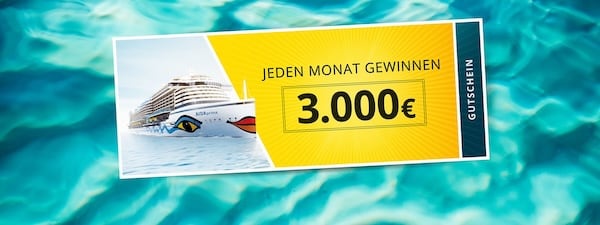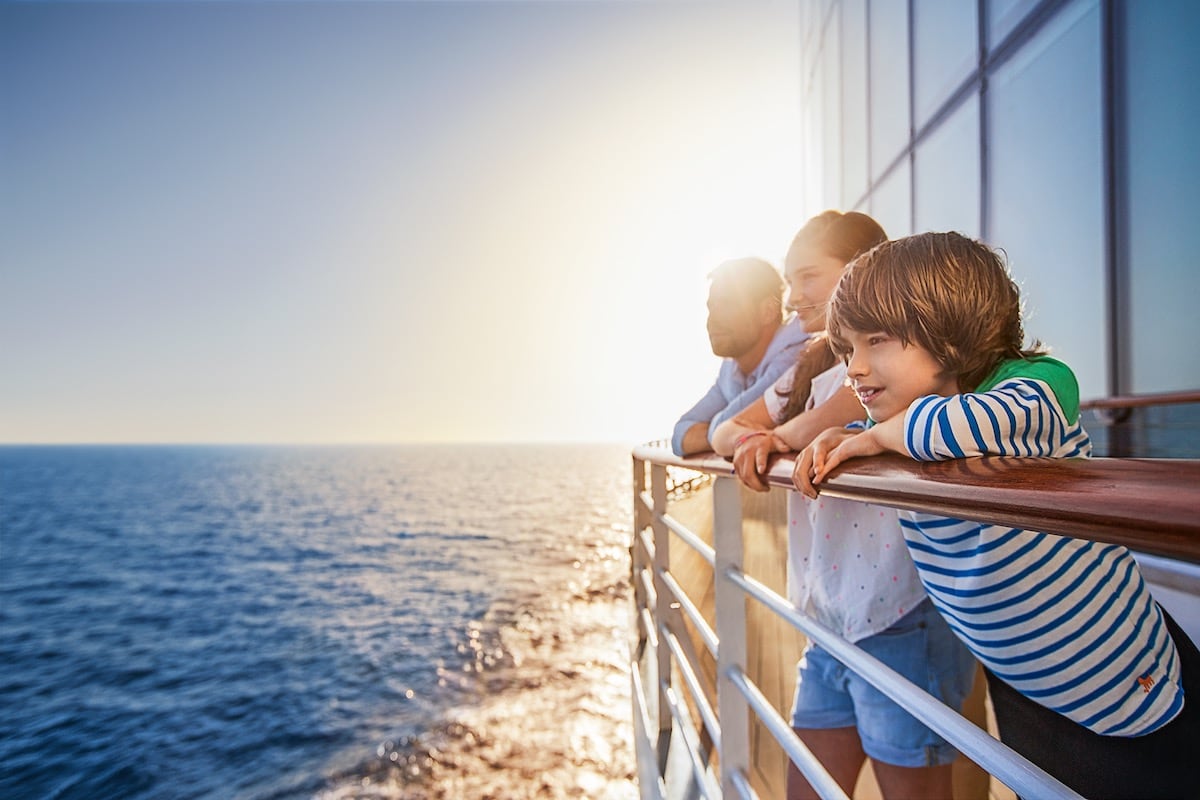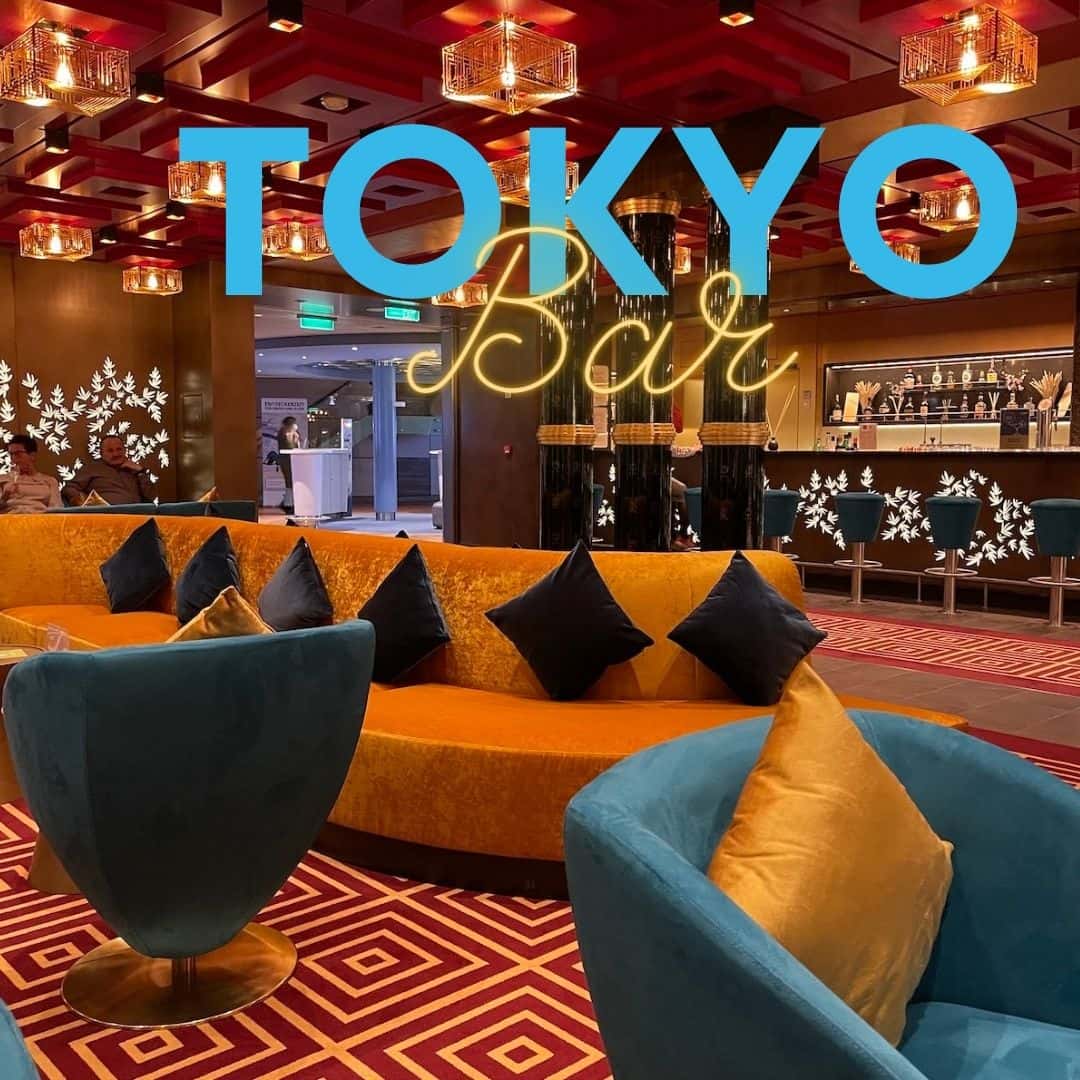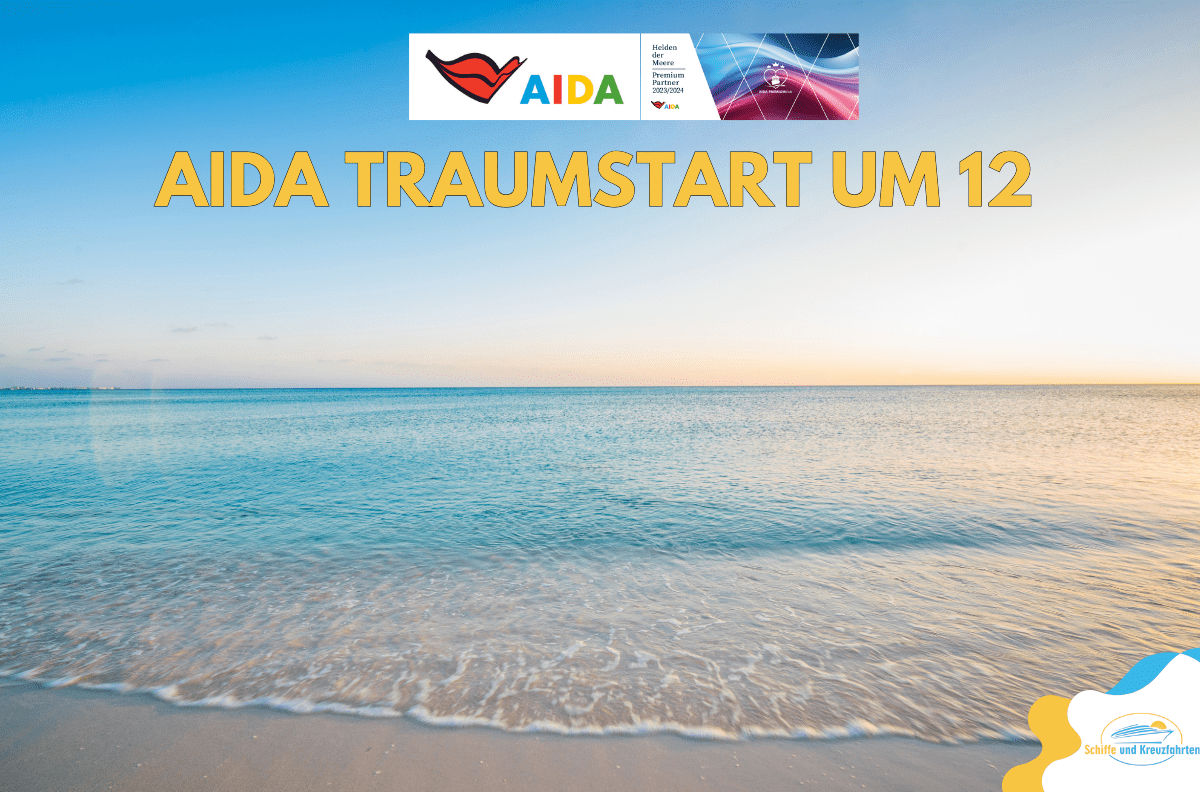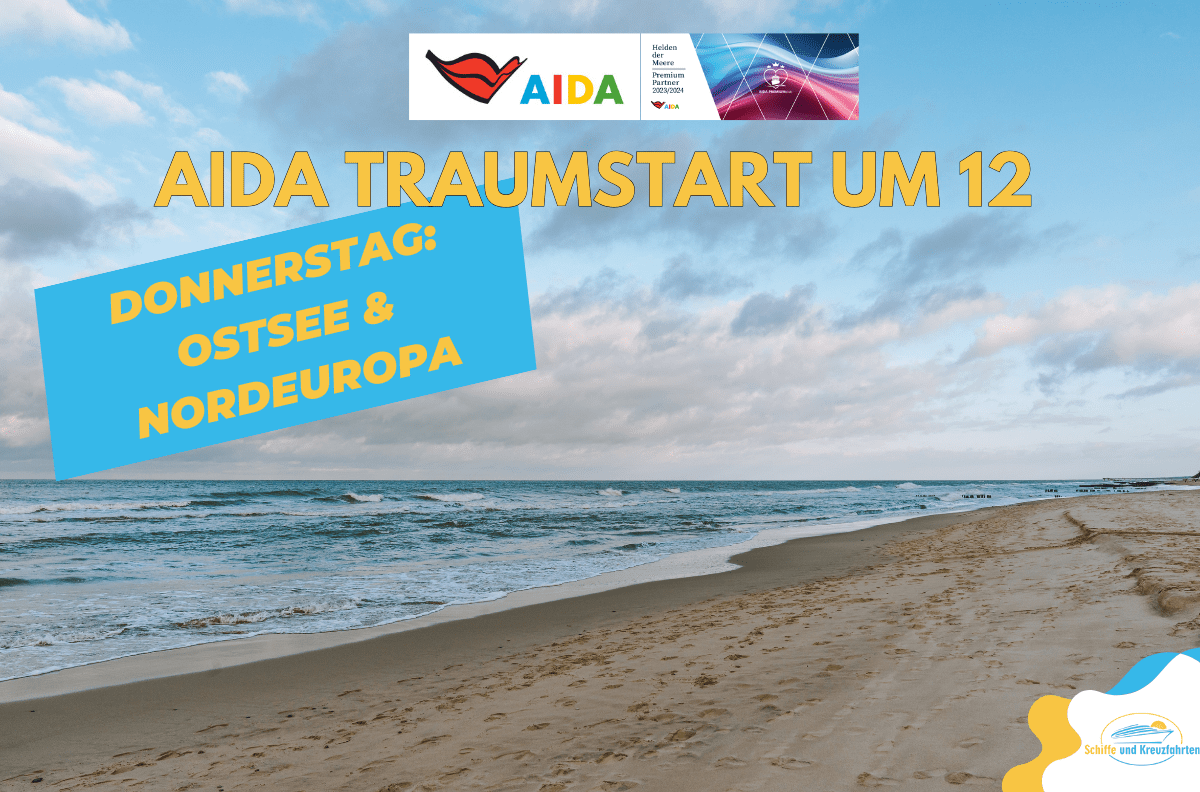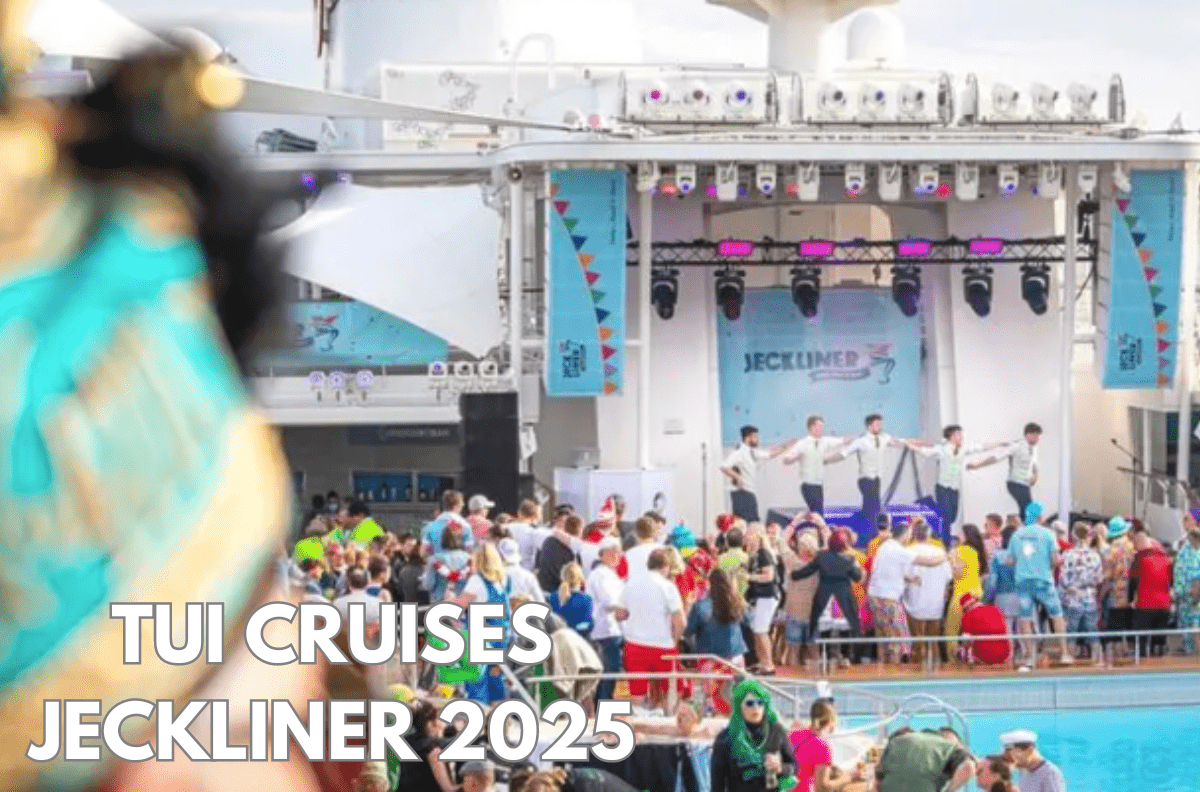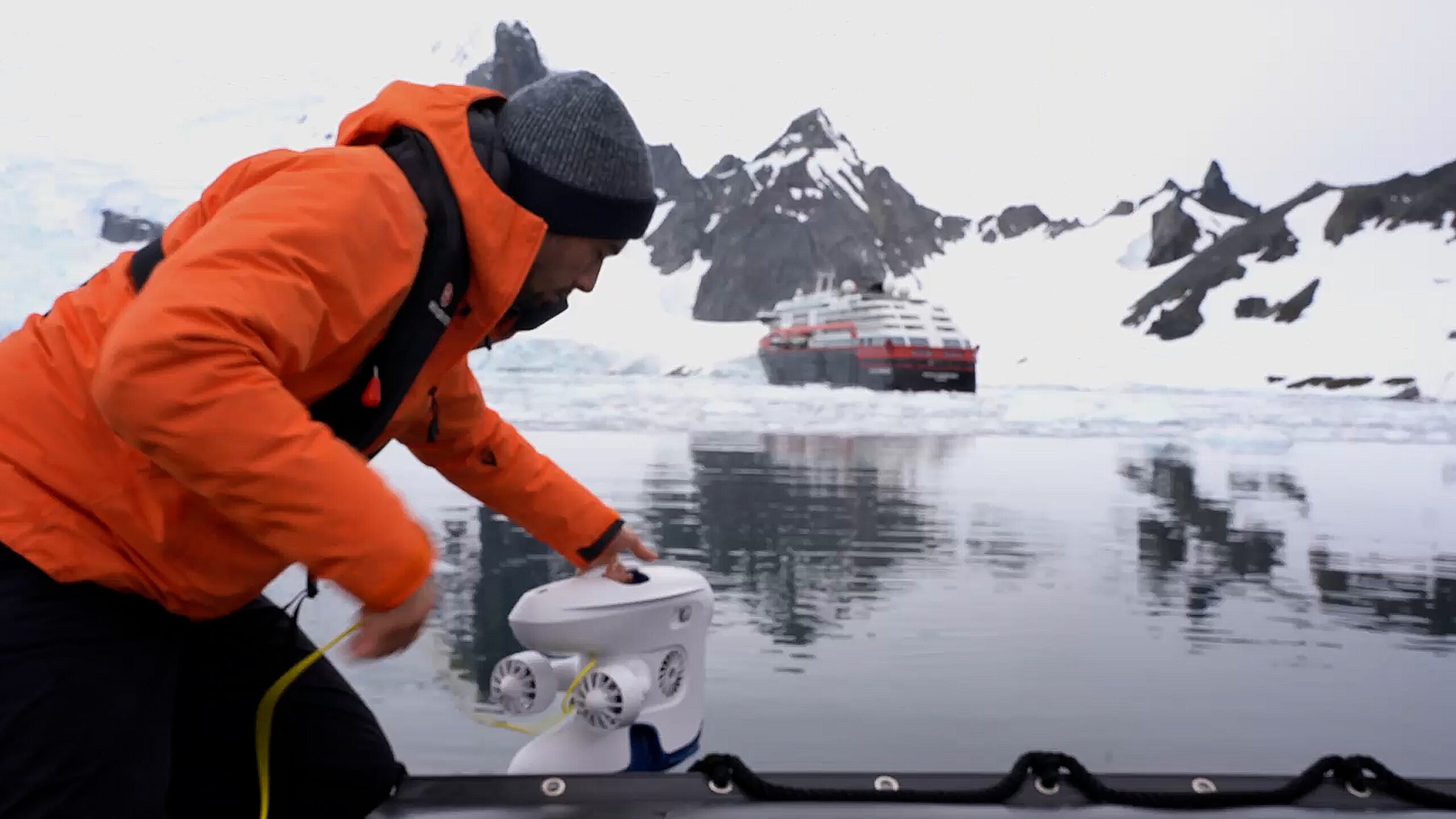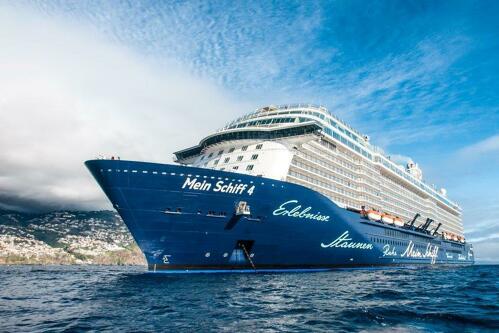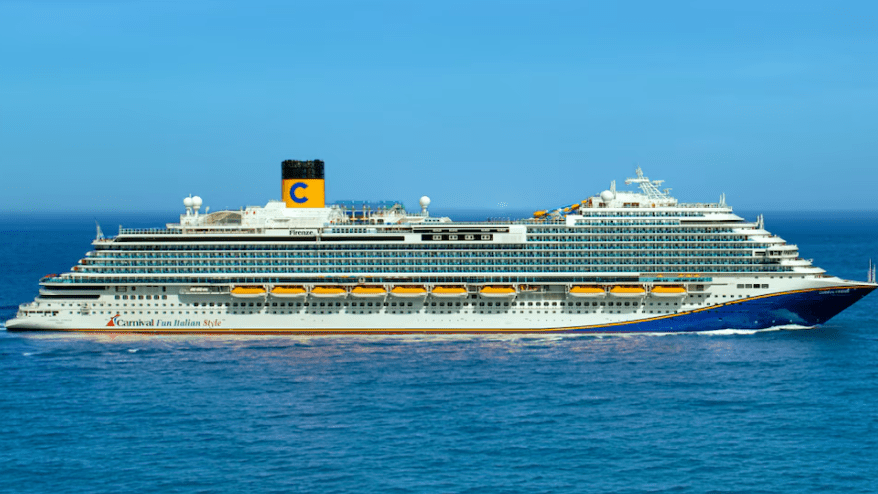Das Besondere an den Schiffen wird der Brennstoff für den Antrieb sein, es handelt sich dabei um LNG-Schiffe. So wie auch schon die neue Helios Klasse von AIDA Cruises und die Neubauten von Costa Kreuzfahrten, die von der Papenburger Meyer Werft und auch der Meyer Turku Werft gebaut werden.
Die zwei neuen Kreuzfahrtschiffe der Icon-Klasse werden keine Rekorde brechen was Passagierzahlen betrifft. Die Schiffsklasse soll rund 5000 Passagiere befördern können. Man will eher Rekorde im Umweltbereich brechen mit dem Einsatz von LNG und weiteren umweltbewussten Maßnahmen.
Ganz neu ist auch der Versuch mit Brennstoffzellen, die Royal Caribbean zusätzlich einsetzen möchte und auf der im Bau befindlichen Oasis-Class 2017 sowie der noch zu bauenden Schiffen der Quantum Class testen will. Bin sehr gespannt was dabei rauskommt.
MIAMI, Oct. 10, 2016 /PRNewswire/ — The newest class of ships from Royal Caribbean Cruises Ltd. (NYSE: RCL) will be powered by liquefied natural gas (LNG) and introduce the use of fuel cell technology, ushering in a new era of shipbuilding that will dramatically reduce greenhouse gas emissions.
The ships will join the fleet of Royal Caribbean International, an industry leader in innovation and breakthrough ship design.
RCL said that it has signed a memorandum of understanding with shipbuilder Meyer Turku for the new class of vessel under the project name “Icon.” The vessels will be delivered in the second quarters of 2022 and 2024. In the meantime, the company said, it will begin testing fuel cell technology on an existing Oasis-class ship in 2017, and will also run progressively larger fuel cell projects on new Quantum class vessels being built in the next several years.
Royal Caribbean is already known for making steady progress on energy efficiency and reduced emissions through such technologies as air lubrication, which sends billions of microscopic bubbles along the hull of a ship to reduce friction, and AEP scrubbers, which clean exhaust gases before they leave the ship. Use of the new technologies will result in much cleaner emissions, as they produce no sulfur and significantly reduce the production of nitrogen oxides and particulates.
“With Icon class, we move further in the journey to take the smoke out of our smokestacks,” said Richard Fain, chairman and chief executive officer of Royal Caribbean Cruises, Ltd. “We are dedicated to innovation, continuous improvement, and environmental responsibility, and Icon gives us the opportunity to deliver against all three of these pillars.”
“Our guests expect us to push every envelope we can,” said Michael Bayley, president and chief executive officer of Royal Caribbean International. “And on this new class of ship, we began by challenging ourselves to find a new approach to power and propulsion that is safe, reliable, and more energy-efficient than ever before.” Bayley added that exciting and innovative new guest experience elements of the Icon class design will be revealed later in the development process.
“Our partnership with RCL has created a number of groundbreaking ship classes, such as Oasis, Celebrity Solstice, Quantum, and Mein Schiff, and we are grateful that Royal Caribbean is again giving us the opportunity to partner with them on a new class of ships,” said Jan Meyer, the CEO of Meyer Turku.
The switch to LNG provides further momentum for the technology, which has begun making significant inroads in the maritime industry. “Increasing the commitment to LNG makes it easier for suppliers to make their own infrastructure commitments,” said Fain. “As more ships are built for LNG, the number of ports that support it will grow.” The Icon ships are expected to run primarily on LNG but will also be able to run on distillate fuel, to accommodate occasional itineraries that call on ports without LNG infrastructure.
The introduction of fuel cells represents another dramatic step forward for the maritime industry, which has only made limited experiments using the technology. “We believe fuel cells offer very interesting design possibilities,” said Harri Kulovaara, RCL’s chief of ship design. “As the technology becomes smaller and more efficient, fuel cells become more viable in a significant way to power the ship’s hotel functions. We will begin testing those possibilities as soon as we can, and look to maximize their use when Icon class debuts.”
Kulovaara said RCL had been eyeing fuel cells for nearly a decade, and believes the technology is now at a stage of development that justifies investment. “There is a long lead time for Icon class, and we will use that time to work with Meyer Turku to adapt fuel cell technology for maritime use.” Kulovaara said that additional regulatory standards would also need to be developed for the technology.
Because of the long lead time, Kulovaara said that many Icon design elements are in early stages. The Icon ships would likely accommodate approximately 5,000 passengers, he said, but details are still being worked out.
Icon is the first new ship class announced by RCL since Celebrity Cruises’ new Edge class, which debuts in 2018. The company is also expanding its fleet with new Oasis- and Quantum-class ships for Royal Caribbean International. Fain said the new ships are in line with RCL’s strategy of moderate capacity growth.
This order is contingent upon the completion of contractual conditions, including documentation and financing. Final contracts are expected to be completed by year end. Based upon current ship orders, projected capital expenditures for full year 2016, 2017, 2018, 2019 and 2020 are $2.4 billion, $0.5 billion, $2.6 billion, $1.5 billion and $2.0 billion, respectively. Capacity increases for 2016 through 2020 remain unchanged and do not include potential ship sales or additions that the company may elect to make in the future.


